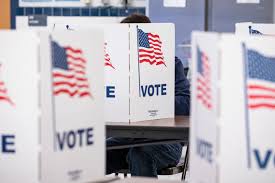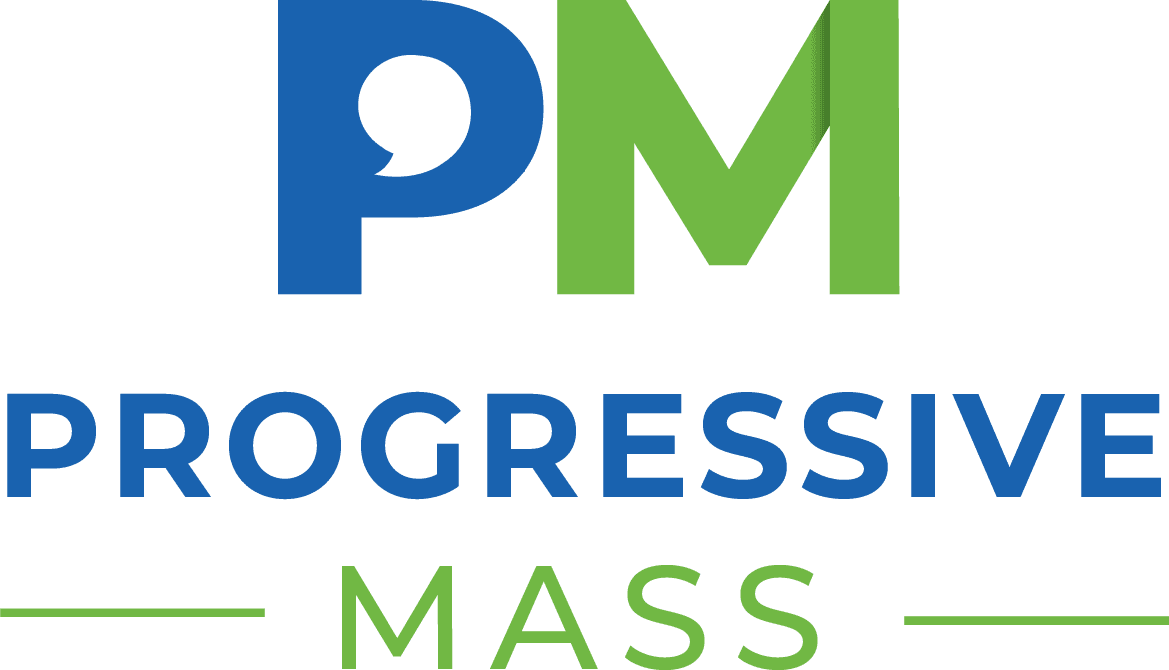
Election Reform

Crucial voting reforms that have succeeded elsewhere in making the political process more open and democratic, such as ranked choice voting and same-day voter registration, have been held up by the Legislature for years. Here's where we're at now:
In Massachusetts, the issue of election reform presents serious problems that demand immediate attention and effective resolution. Introducing and expanding processes such as same-day voter registration and ranked-choice voting will continue the fight against voting insecurity and voter suppression that are actively harming our democracy. Through these processes, there will be a more fair, inclusive, and democratic process which would increase participation, representation, and accessibility in voting. The legislature has the power to enact two bills that are relative to voting rights restoration which would help restore voting rights to incarcerated people along with continuing the fight to restore the right to vote for the general public.
Childcare equity
Massachusetts doesn't allow parents running for office to pay for childcare expenses with campaign funds, shutting out many parents especially mothers from running for office.
- Allows candidates for office to pay for necessary child care expenses from campaign funds
- Catches MA up to states like Texas, Alabama, and Wisconsin
Same-Day Voter Registration
Same-day voter registration is important in Massachusetts because it allows all eligible voters to register and vote on the same day of the election, providing a fair and equal opportunity to the public. In most cases, it’s often younger generations, lower-income individuals, and people who come from marginalized communities who aren’t given the same opportunity to vote as those who are before election day. When same-day registration is accessible to the public it increases voter turnout along with providing convenience to voters as some may be inclined to register to vote more efficiently.
Restoring the right to vote for incarcerated people
Restoring the right to vote for incarcerated people in Massachusetts is essential to the upholding of democracy and promoting reintegration and representation in our state. Allowing incarcerated individuals to vote is a huge step for providing reintegration into society as the right to vote is a fundamental right for all Americans. Restoring the right to vote for incarcerated individuals would uphold democratic beliefs that all citizens should have an equal opportunity to be represented. Guaranteeing representation for those who are incarcerated would help create a more inclusive and equitable society that doesn’t exclude those who have made mistakes in their past.
common questions:
Incarnated people used to have the right to vote - Why did that change?
In Massachusetts, incarcerated people once had the right to vote, yet that changed in 2000 when a state law revoked the right to vote for all individuals in prison. This unjust law was put in place after a house bill was passed to prohibit people incarcerated for felonies in state prison from voting. In Massachusetts, incarcerated individuals originally voted in large numbers and some of the public and policymakers thought that by allowing prisoners to vote they could potentially skew electoral outcomes specifically in criminal justice issues. There was also a common belief that voting should be seen as a privilege and that losing the right to vote was part of the punishment for being incarcerated. While this happened 23 years ago, much of the Massachusetts youth is in support of restoring the right to vote for incarcerated people. According to a 2023 poll by the University of Massachusetts Amherst, 70% of voters aged 18 to 29 in the Commonwealth support the right to vote for incarcerated individuals which is great news in the fight to restore voting rights.
Why should campaign funds be used for childcare?
In Massachusetts, the lack of access to childcare is a barrier for candidates running for office. Running for public office is a demanding and time-consuming process and many parents, especially women, face significant challenges balancing their responsibilities between their campaign and children. In Massachusetts, you can use campaign funds to rent a tuxedo but not for childcare which isn’t fair to parents running for public office. When allowing campaign funds to be used for childcare it can help create a more diverse and representative system that makes it easier for parents to participate in politics.
Is same-day voter registration the cure?
Same-day voter registration isn’t the full cure for restoring the right to vote in Massachusetts but it’s one of the crucial steps our state needs to take to restore voting rights. Same-day voter registration benefits democracy as it increases voter turnout, increases the representation of diverse age groups and marginalized communities, and creates an easier and more accessible way to demonstrate our fundamental right to vote.
References:
- 1. “Same Day Voter Registration,” National Conference of State Legislatures, January 25, 201
- 2. Massachusetts law about elections and voting
- 3. Burden, Barry, Canon, David, Mayer, Kenneth, Moynihan, Donald, “The Effects and Costs of Early Voting, Election Day Registration, and Same Day Registration in the 2008 Elections,” Pew Charitable Trusts, December 21
- 4. Bill: An Act relative to election day registration
- 5. Schwab, Jeremy, “Report shows vote flaws widespread,” Bay State Banner, June 16, 2005
- 6. Schimek, Paul, “Democracy isn’t working in Massachusetts,” Commonwealth Magazine, October 10, 2017

